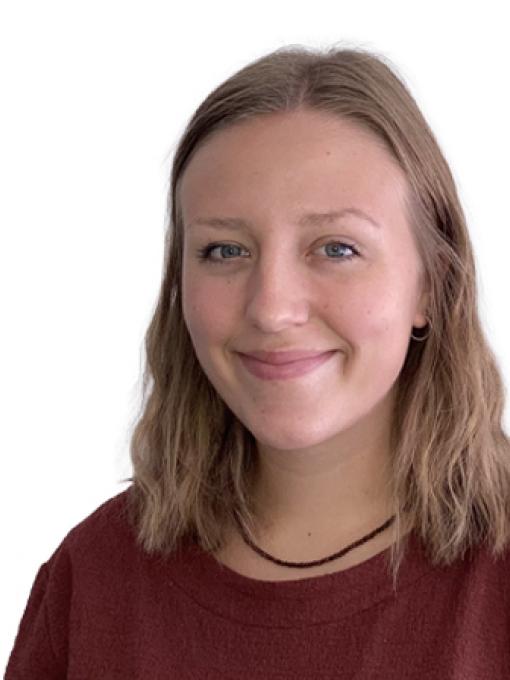“I am someone who speaks truth to power,” Dr. Atshan said as he opened the first in a series of Quaker-themed lunches for FCNL staff. On May 4, we welcomed Dr. Sa’ed Atshan, associate professor of Anthropology at Emory University, to share his experiences with Quaker education growing up, his life’s journey with Quakerism, his thoughts on Quaker institutions, and his overall reflections on faith.
Ramallah Friends School was a sanctuary—it was an escape from military occupation. It was important to be in a community that valued pacifism and had no tolerance for violence.
From a young age, the importance of education was instilled in Dr. Atshan. He attended Ramallah Friends School in the Palestinian West Bank under Israeli occupation. For him, “Ramallah Friends School was a sanctuary—it was an escape from military occupation. It was important to be in a community that valued pacifism and had no tolerance for violence.” He spoke about the importance of the anti-bullying ethos of the school, grounded in Quaker values, which allowed him to be welcomed as a queer student.
During the second Palestinian Intifada, Dr. Atshan took the position that “getting our education is the most profound form of resistance… the power of the pen is stronger than the power of the sword.” He spoke of all the different ways to resist. “Palestinians have a notion that existence is resistance,” he shared. “Just existing in the face of a settler-colonial project on the land of our ancestors… is a profound form of resistance.”
In school, amidst a military occupation, Dr. Atshan found his faith. He attended regular Quaker worship, which provided him with spiritual grounding. “In the silence of worship is where I was able to find the presence of spirit,” he told us. “Imagine you can hear the cacophony of sounds of the occupation while you as a community are sitting together in deep silence. I appreciated silence in the face of this madness and that’s where I found my spiritual anchoring.”
When Dr. Atshan moved to the United States, he faced racism and xenophobia for being Palestinian. He shared a few examples of this, including his experience of being disinvited to speak at Friends Central School in Philadelphia, which was widely covered in the media. Palestinians are being silenced, Dr. Atshan told us, making it even more important to speak truth to power.
In this vein, he explained how people of color bear the brunt of the labor and repercussions of speaking out against injustice. “This is why Quakers are so important in this landscape—they speak truth to power in ways that acknowledge Palestinians as oppressed but support the humanity of all. This is why I appreciate FCNL’s work on this.”
[Quakerism] is a rock in my life—it is a system of values that I cherish. At the same time, Quakers and Quaker institutions make mistakes and grow and have a lot of work to do.
In response to an audience question about engaging with those who hold different views, Dr. Atshan acknowledged that if harm, hatred, or dehumanization is involved, he respects those who choose not to engage. However, he believes it is essential to seek out nuance and understanding. “I embrace those dialogues as a Quaker,” Dr. Atshan told us. “We believe that there is light within everyone and in continuing revelation. As an educator, I understand no one is static, and everyone is changing—I constantly change my point of view. Everyone in front of me is a precious life who has the capacity to change.”
While Quakerism is important to Dr. Atshan, he is careful not to over-romanticize faith. Quakerism “is a rock in my life—it is a system of values that I cherish. At the same time, Quakers and Quaker institutions make mistakes and grow and have a lot of work to do.”
He talked about the issues that arise when Quaker institutions stay silent and the role they can play in a movement for change. While many people think we need radical change, he explained that both radical and incremental change are needed. “We need people working within the system as well. We need people lobbying, and we need Quakers in those systems of power.” FCNL strives every day to work within existing institutions to create the world we seek.
We are grateful to Dr. Atshan for sharing his time, story, and faith with us. This conversation with Dr. Atshan provided a space to engage more deeply with the Quaker roots of our work at FCNL.

